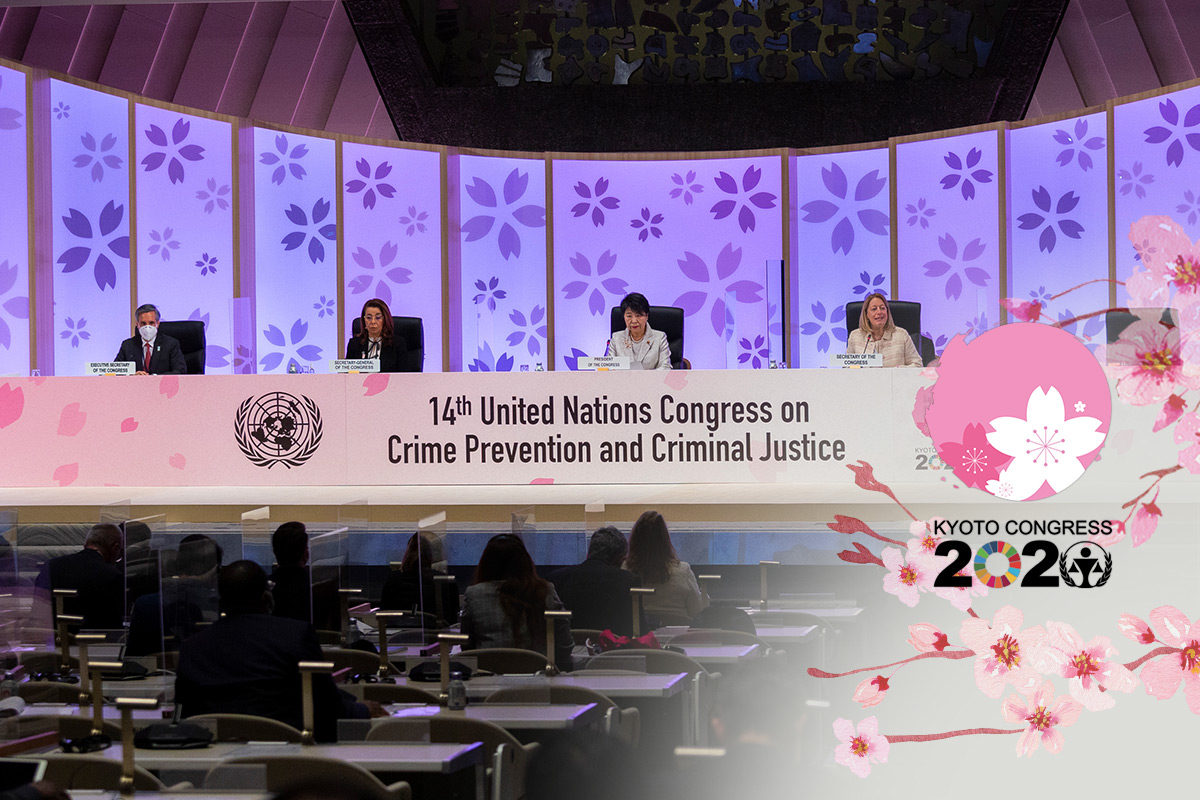The Turkish government filed an objection with the United Nations to the participation of the Japan Federation of Bar Associations (JFBA) and the John Jay College of Criminal Justice at the 14th UN Congress on Crime Prevention and Criminal Justice held on March 7-12 in Kyoto, Japan.
In a diplomatic letter sent to the UN Office on Drugs and Crime, Ahmet Muhtar Gün, Turkish permanent representative to the UN Office in Vienna, explained his country’s objection to the participation of those institutions in the Kyoto Crime Congress.
The UN Crime Congress, held every five years since 1955, is the world’s largest and most diverse gathering of policy-makers, practitioners, academics, intergovernmental organizations and civil society in the field of crime prevention and criminal justice.
“We consider that some of the actions of these two NGOs are supportive of the terrorist organizations, ‘PKK [Kurdistan Workers’ Party]’ and ‘Fetullah Gülen Terrorist Organization (FETÖ)’ respectively,” Gün stated.
“FETÖ” is a derogatory acronym used by the Turkish government to label the Gülen movement, a faith-based group inspired by Turkish cleric Fethullah Gülen, as a terrorist organization.
“Their presence in the Crime Congress cannot be considered as a contribution to the international cooperation on combating and preventing organized crime and terrorism,” said Gün, adding that “it [their participation] discourages my authorities in fostering our contributions to the international cooperation under the framework of the CCPCJ.”
Founded in 1949, the JFBA is a federal body comprising 52 local bar associations in Japan and represents all attorneys in the country. According to Article 2 of its Act, the JFBA is a “source of protection of fundamental human rights and of realization of social justice.”
A well-known college in New York City, John Jay was founded in 1964 and has evolved into the preeminent international leader in educating for justice in its many dimensions. According to its web page, the college’s liberal arts curriculum “equips students to pursue advanced study and meaningful, rewarding careers in the public, private, and non-profit sectors.”
Turkish President Recep Tayyip Erdoğan has been targeting followers of the Gülen movement since the corruption investigations of December 17-25, 2013, which implicated then-Prime Minister Erdoğan, his family members, and his inner circle.
Dismissing the investigations as a Gülenist coup and conspiracy against his government, Erdoğan designated the movement as a terrorist organization and began to target its members. He intensified the crackdown on the movement following an abortive putsch on July 15, 2016 that he accused Gülen of masterminding. Gülen and the movement strongly deny involvement in the coup attempt or any terrorist activity.
According to a statement from Interior Minister Süleyman Soylu on February 20, a total of 622,646 people have been the subject of investigation and 301,932 have been detained, while 96,000 others have been jailed due to alleged links to the Gülen movement since the failed coup. The minister said there are currently 25,467 people in Turkey’s prisons who were jailed on alleged links to the Gülen movement.
Source: Stockholm Center for Freedom (SCF)



